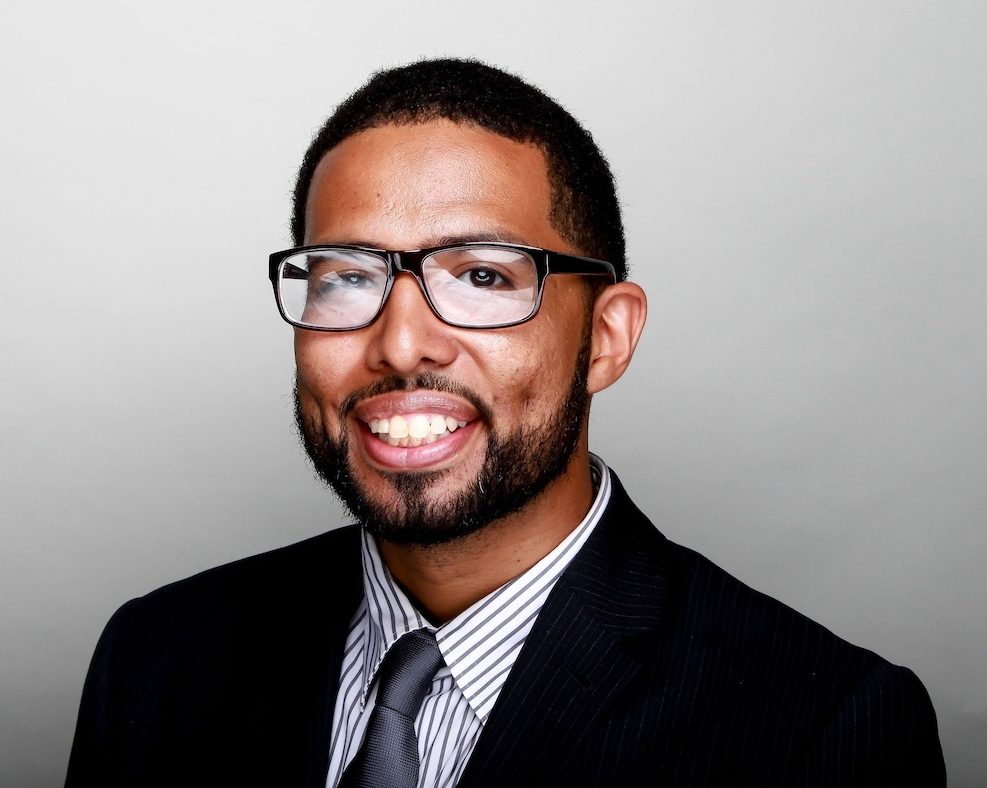Brittany Bronson: ‘So many Black women get stuck in the middle because we don’t have mentors and champions’
 July 16, 2021
Category: Featured, Long, Purpose
July 16, 2021
Category: Featured, Long, Purpose
Disclosures
This article was originally published at our sister site, Technical.ly.A year after social protests following George Floyd’s murder by police, corporate interest has surged in racial bias trainings.
Companies like Apple have devoted $100 million to addressing systemic barriers to equity and equality, and made efforts to support more inclusive hiring and tech training opportunities. More companies have also elevated the role of chief diversity officer. and organizational leaders on diversity, equity and inclusion (DEI), showing the work significantly matters.
Bringing change will mean keeping and growing those DEI commitments. It will also mean going deeper. There is still lots more work to be done by organizations in both the private and public sectors to improve their practices, a Philly-based DEI expert said.
Brittany Bronson is global tech company CI&T’s diversity, equity and inclusion specialist for North America, and the owner of Rebrand Career Consulting. She also has experience working for the School District of Philadelphia and City of Philadelphia.
In these roles, Bronson has noticed a significant difference in the way entities in the private sector respond to racial issues compared to those in the public sector.
“In corporate America, cancel culture is so big that corporations are asking for me to call out racism,” she told Technical.ly. “I find I have so much legroom to call out microaggressions, systemic racism other issues because it isn’t connected to public dollars. People are canceling corporations that don’t have a clear DEI statement and canceling corporations that aren’t clear where they stand.”
Whether it’s the school district or the Philadelphia Police Department, politics are connected to a litany of jobs in the public sector, where funding will still come in regardless of what stance public agencies take on racism and other issues. That changes how officials handle the optics and internal work relative to issues of race and diversity.
“In the public sector, it doesn’t matter where you stand on racism because it’s a public school and city,” she said. “These are public tax dollars.”
She pointed out that a police officer charged with pepper spraying protesters had those charges thrown out.
“We can’t cancel the Philly police for racism,” she said, adding that public sector leaders haven’t had stances that are as clear or firm. “We see it every day because cities’ revenues are not connected to their stance on racism. They will still get tax dollars,” she said.
For businesses, Bronson believes that having clear DEI stances matters on a macro level. If an organization does not have clear or equity-centered values, that can extend to the businesses they work with and that they take on as clients. If they are not positive, it could limit business.
Consumers want to support companies with whom they share values, and that has never been more important than it is now, Bronson said. Spending money at a business that proclaims Black Lives Matter is a choice many want to make after a volatile year of racial animus in America.
Oppression and systemic racism can also affect how people of color engage one another. Bronson referred to homophobia in the Black community as an ongoing example of one way communities unfortunately reflect the negativity imposed upon them.
I want to know (what) your DEI funding is going toward. Are you doing the same large schools or Salvation Army-sized organizations, or are you looking for small grassroots nonprofits supporting people?
Bronson said that even as a Black woman that grew up in public housing projects, she has a level of privilege due to her academic background and the fact that she is married. She consistently works to help other Black people and marginalized citizens ascend the corporate ladder, and said that companies could do more of that to make workplaces more inclusive.
“I want to know [what] your DEI funding is going toward,” she said. “Are you doing the same large schools or Salvation Army-sized organizations, or are you looking for small grassroots nonprofits supporting people?”
Companies must also look inward. For Bronson, conducting internal climate studies and publishing the results matters. They’re made more significant when organizations set wage equity goals.
Leaders must also look at how they bring people into a company. If organizations only look for future employees at Ivy League institutions or universities altogether, they can miss out on a wider swath of Black talent. The retention of Black, Indigenous and People of Color (BIPOC) employees is something that also needs to be considered when evaluating progress in DEI.
“So many Black women get stuck in the middle because we don’t have mentors and champions and frankly we don’t have people in C-suite who will leave door cracked,” she said. “Some people take pleasure in saying they are the only person like themselves at an organization. We have to stop being proud of being the first. I am not excited that I am of a small percentage of Black women pursuing a doctorate. It’s evident that I owe some Black girl somewhere mentorship.”
Until organizations give these questions more consideration, it will be a long time before their DEI practices improve and their companies become more inclusive.
Trending News










